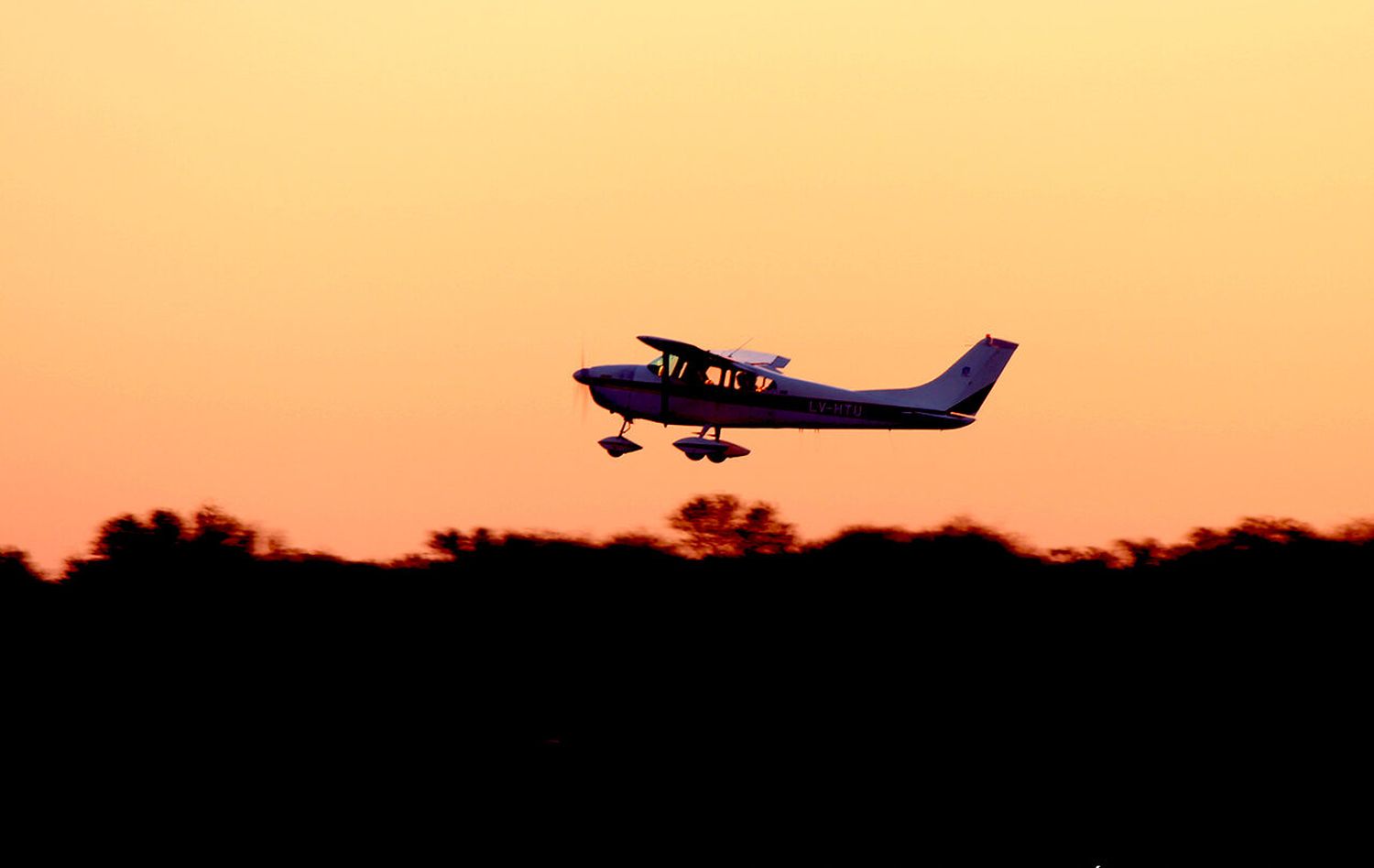Argentina: As narco-related aircraft theft is on the rise, general aviation clubs take action
In less than a month, the province of Chaco, in the northeast of Argentina, was the scene of two aircraft thefts that made national (and even international) news due to their peculiarities.
The first one occurred at the Aeroclub Chaco, 20 kilometers south of Resistencia, because it took place just minutes after midnight on December 25. While the world was celebrating Christmas, the criminals flew the plane, a Cessna 206 with registration LV-KEY crossing two provinces and Paraguay from south to north without triggering the alert of any aeronautical authority. Finally, it was lost track of in Bolivia.
The second robbery had a tragic outcome: in the early morning of Wednesday, January 18, five criminals stole another Cessna 206 (LV-HKX) from Aeroclub Villa Angela, in the southwest of the province of Chaco. Minutes after takeoff, the plane crashed and burst into flames, killing all aboard instantly, in what represents the biggest air accident in that province in decades.
The theft of civilian aircraft by criminal organizations linked to drug trafficking or smuggling is quite common in the region. An InSight Crime report published in 2016 mentions Argentina as one of the largest cocaine markets in South America and also one of the departure points for the drug to Europe.
Its borders with Bolivia and Paraguay, both cocaine and marijuana producers, contributed to the creation of an «air bridge» in northern and central Argentina, where there are estimated to be at least 1,500 clandestine airstrips. The same report cites security forces detailing that around 80% of the illicit drugs arriving in Argentina arrive by air in some 120 flights per day, taking advantage of the lack of control over airspace.
This makes the Argentine aeroclubs, which are maintained on the basis of much community effort, highly vulnerable to becoming involuntary suppliers of aircraft to keep this «air bridge» alive. Calvary also shared by their peers in other Latin American countries, of course.
In view of this situation, the Corrientes Aeroclubs Federation (a key province as it shares a border with Paraguay, Brazil and Uruguay) and the Aeroclub Cañada Quiroz, offered some advice for aeroclubs to take into account and thus mitigate the risk of aircraft theft.
«It must be taken into account that there is an intelligence work prior to the theft. These are not opportunity thefts,» they commented.
«The modus operandi is to visit the aeroclubs asking for data to do the flight course and check the facilities» but «flights are also contracted by foreigners or people who are not from the area a few days before the robbery to see the operation of the aircraft».
In view of this, they recommend to be alert and, when they see unknown people asking for information about flights or aircraft data, ask them to show documents.
«They appear as nice and friendly people. They hire services, pay well, do not question prices and ask for scenic flights or transfers with little sense from a foreign or unknown number, and they are usually for a family on vacation or for foreign tourists», they continue from the institution, adding that they ask for six-seater airplanes.
«It is necessary to act in solidarity among all the aeroclubs and pass on data», they concluded.


Para comentar, debés estar registradoPor favor, iniciá sesión